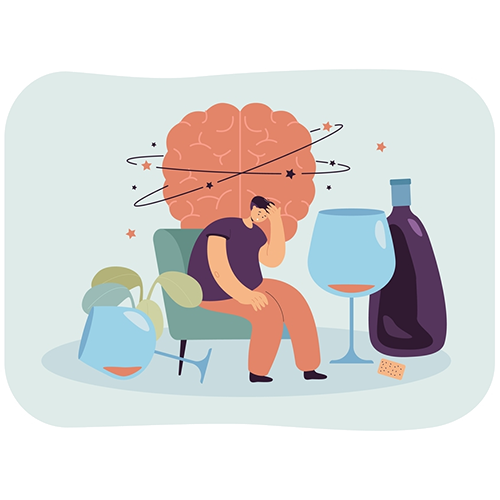Addiction
Addiction is defined as not having control over doing, taking or using something to the point where it could be harmful to you.
BOOK NOW

Addiction
There are lots of reasons why addictions begin. In the case of drugs, alcohol and nicotine, these substances affect the way you feel, both physically and mentally. These feelings can be enjoyable and create a powerful urge to use the substances again.
Gambling may result in a similar mental “high” after a win, followed by a strong urge to try again and recreate that feeling. This can develop into a habit that becomes very hard to stop.
Gambling may result in a similar mental “high” after a win, followed by a strong urge to try again and recreate that feeling. This can develop into a habit that becomes very hard to stop.

- The strain of managing an addiction can seriously damage your work life and relationships. In the case of substance misuse (for example, drugs and alcohol), an addiction can have serious psychological and physical effects.
- Behaviours such as substance misuse can be a way of blocking out difficult issues. Unemployment and poverty can trigger addiction, along with stress and emotional or professional pressure.
Symptoms
Work – some people are obsessed with their work to the extent that they become physically exhausted; if your relationship, family and social life are affected and you never take holidays, you may be addicted to work.
Internet – as computer and mobile phone use has increased, so too have computer and internet addictions; people may spend hours each day and night surfing the internet or gaming while neglecting other aspects of their lives.
Solvents – volatile substance abuse is when you inhale substances such as glue, aerosols, petrol or lighter fuel to give you a feeling of intoxication.
Shopping – shopping becomes an addiction when you buy things you don’t need or want to achieve a buzz; this is quickly followed by feelings of guilt, shame or despair.
